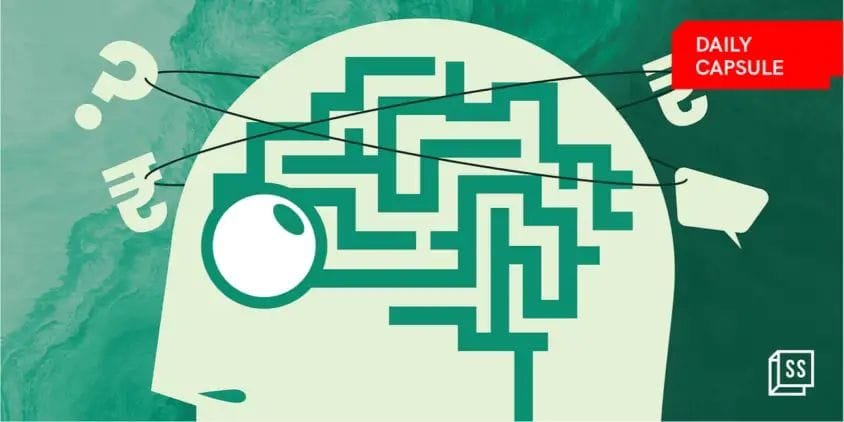In Indian society, too much importance is given to what others would think or say if one goes to a psychiatrist, psychologist, or therapist.
Concerns about potential marriage prospects also prevent people from seeking help from an expert.
A new market leader.
Discount broking platform Groww surpassed Zerodha to become India’s largest brokerage in terms of number of active investors, according to NSE data. As per the exchange, Groww has 6.63 million active investors while Zerodha has 6.48 million as of September-end-up from 6.2 million and 6.4 million, respectively, last month.
In other news, Paytm Payments Bank is under fire from the Reserve Bank of India. The central bank has imposed a penalty of Rs 5.39 crore on the fintech giant for “non-compliance” with certain provisions, including KYC norms, RBI guidelines for licensing of payments banks, cyber security framework in banks, and securing mobile banking applications, including UPI ecosystem.
Meanwhile, India’s second-largest IT services company Infosys, which had offered jobs to roughly 51,000 freshers in FY23, is not going to campus for recruitments “at the moment”, CFO Nilanjan Roy said at its post-results press conference.
The IT services provider also cut its annual revenue forecast, raising concerns about near-term demand for the sector. Infosys reported a 3.1% year-on-year rise in net profit with a 6.7% increase in revenue for the quarter ended September.
Last but not least, Stockholm will become the first major capital city to go electric. Starting 2025, 20 blocks of the Swedish capital’s inner city area will be restricted to only electric vehicle traffic.
In today’s newsletter, we will talk about
1. Accessing mental health support
2. The nuances of startup funding
3. Selling chemical-free products
Here’s your trivia for today: How many time zones does China have?
Healthcare
Accessing mental health support in India
According to estimates, there are about 0.75 psychiatrists for every 1 lakh inhabitants in India, while the recommended number is 3 per 1 lakh people. The shortage of mental health professionals in the country has led to a huge demand-supply gap, ultimately resulting in a heavy cost for patients.
Besides high cost, the stigma associated with mental issues, lower socioeconomic status, and lack of awareness and social support are some of the challenges that people seeking mental health support in India face.
At what cost:
For many, the high cost of mental healthcare is a big deterrent to seeking support.
In Indian society, too much importance is given to what others would think or say if one goes to a psychiatrist, psychologist, or therapist.
Concerns about potential marriage prospects also prevent people from seeking help from an expert.
While free helplines and support groups, run by the government and NGOs, help address the issue of cost and encourage people to come forward to seek, they cannot replace the contribution of trained mental health professionals, say experts.

SRK Bharat






